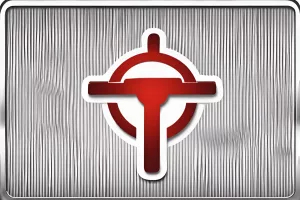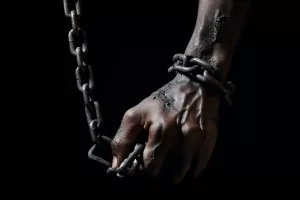The recent divorce of Rassie Erasmus, coach of the Springboks rugby team, has sparked a nationwide debate about the balance between privacy rights and public interest for sports celebrities. While Erasmus has been notoriously private about his family life, the lack of comments regarding his divorce has raised questions about whether his offfield life should be subject to public scrutiny. The situation highlights the complex reality of public figures, where personal and professional lives often become intertwined, and opinions on privacy rights continue to be diverse.
A disturbing incident involving sexual assault and murder threats from Martin Jacobson towards a woman on social media has sparked discussions around social media ethics and the responsibility of public figures. The incident highlights the need for prompt and decisive action against online hate speech and emphasizes the role public figures play in governing discourse on their platforms. Public figures have a moral duty to explicitly condemn such behavior as it sets the standard for their followers and ensures the maintenance of dignity and respect associated with their positions.
A 15yearold student in South Africa recently used a racial insult on a wellknown YouTuber, causing uproar across the country. Public figures, including media personality Anele Mdoda and the radical Economic Freedom Fighters, have condemned the incident and demanded the student’s expulsion. However, there has also been backlash and critique surrounding the incident, highlighting the multifaceted nature of the issue. The event has sparked discussions about racism, freedom of speech, and the role of public figures in tackling societal issues, emphasizing the ongoing racial tensions within South African society.



